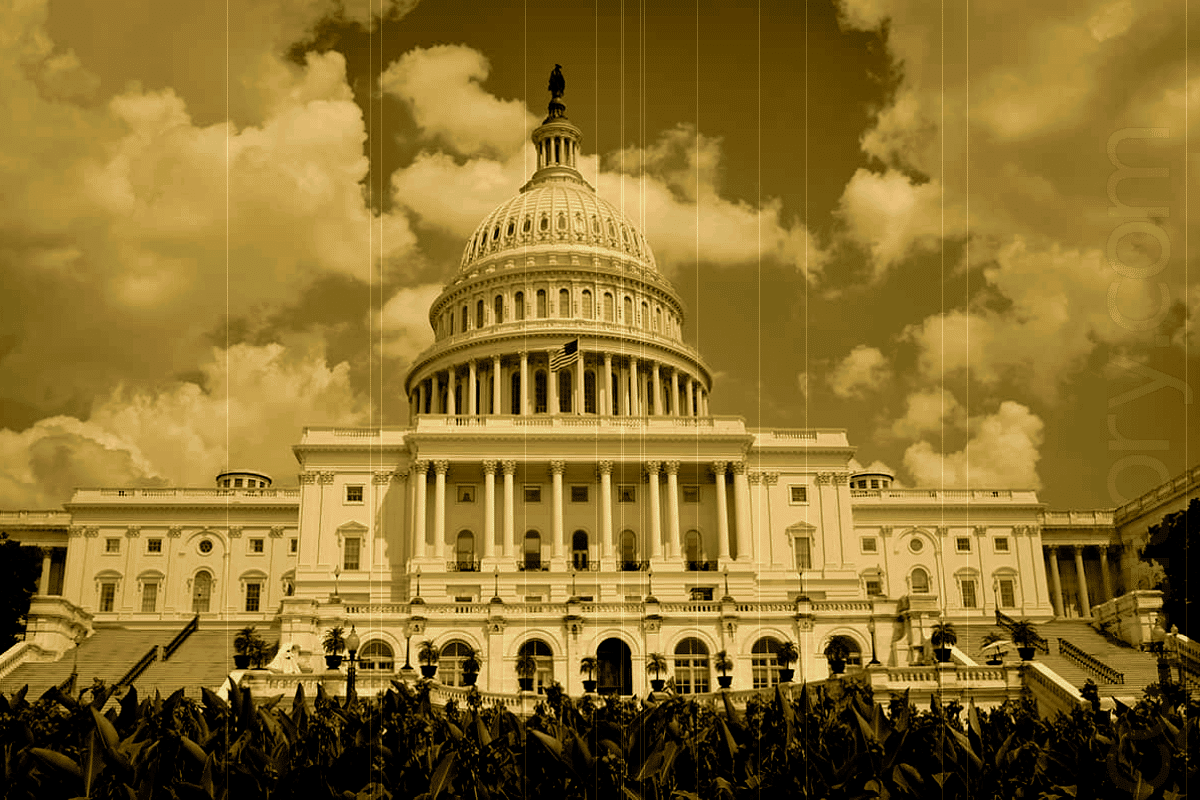
Senator Tim Scott, Chair of the U.S. Senate Banking Committee, has expressed confidence that a comprehensive cryptocurrency market structure bill will be enacted by August 2025. This projection aligns with the Senate’s recent advancement of the Guiding and Establishing National Innovation for U.S. Stablecoins (GENIUS) Act, a significant step toward establishing a federal regulatory framework for stablecoins.
The GENIUS Act, approved by the Senate Banking Committee in March 2025 with an 18-6 vote, aims to provide regulatory clarity for payment stablecoins. It mandates that issuers maintain one-to-one reserves, comply with anti-money laundering laws, and undergo regular audits. The legislation also delineates a dual oversight system, allowing smaller issuers to operate under state supervision while placing larger stablecoin providers under federal oversight.
Senator Scott emphasized the importance of fostering innovation in the digital asset sector to maintain American economic leadership globally. His timeline for the crypto market structure bill coincides with predictions from Kristin Smith, CEO of the Blockchain Association, who also anticipates the passage of market structure and stablecoin legislation by August.
Support for comprehensive crypto regulations is notably bipartisan. At the Digital Assets Summit in New York City on March 18, Democratic Representative Ro Khanna expressed his belief that both the market structure and stablecoin bills would be approved this year. Khanna noted that approximately 70-80 other Democratic representatives recognize the importance of enacting clear digital asset regulations in the United States.
Bo Hines, Executive Director of the President’s Council of Advisers on Digital Assets, also addressed the conference, predicting that stablecoin legislation would be enacted within 60 days. Hines pointed out that establishing U.S. dominance in the digital asset arena enjoys widespread bipartisan support in Washington, D.C.







